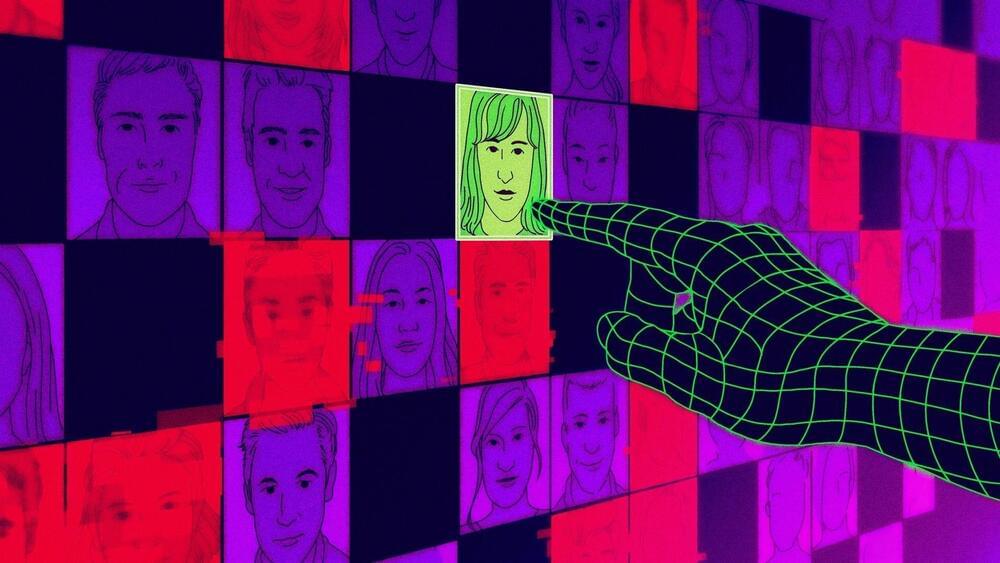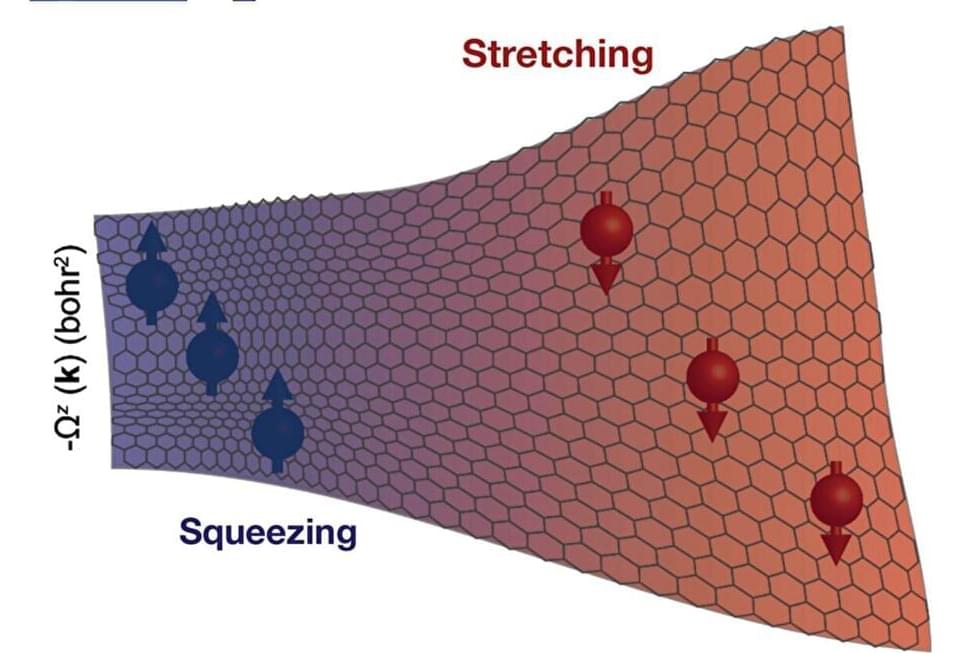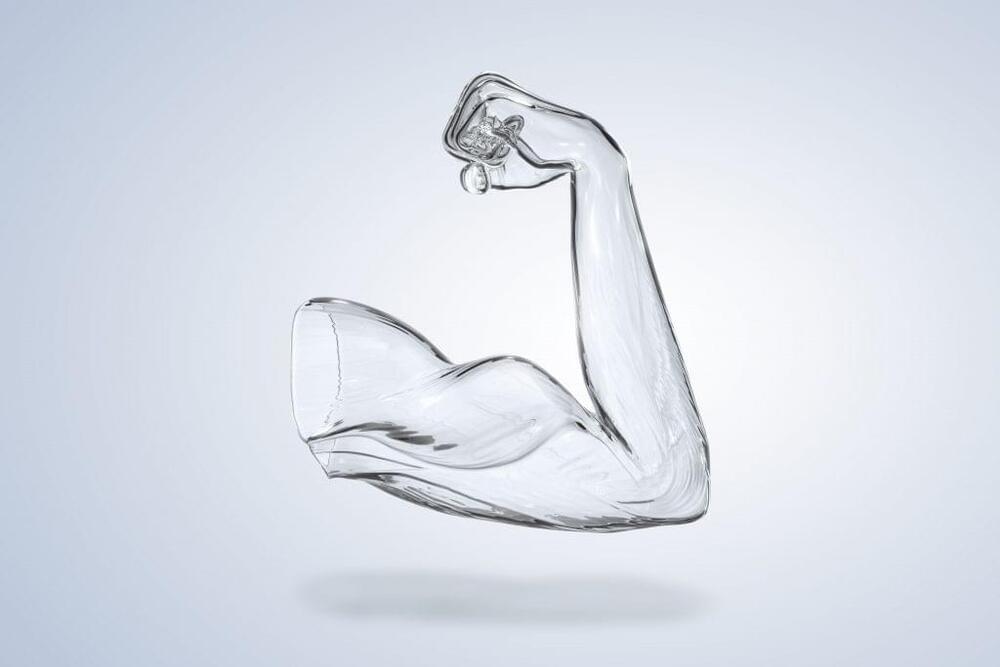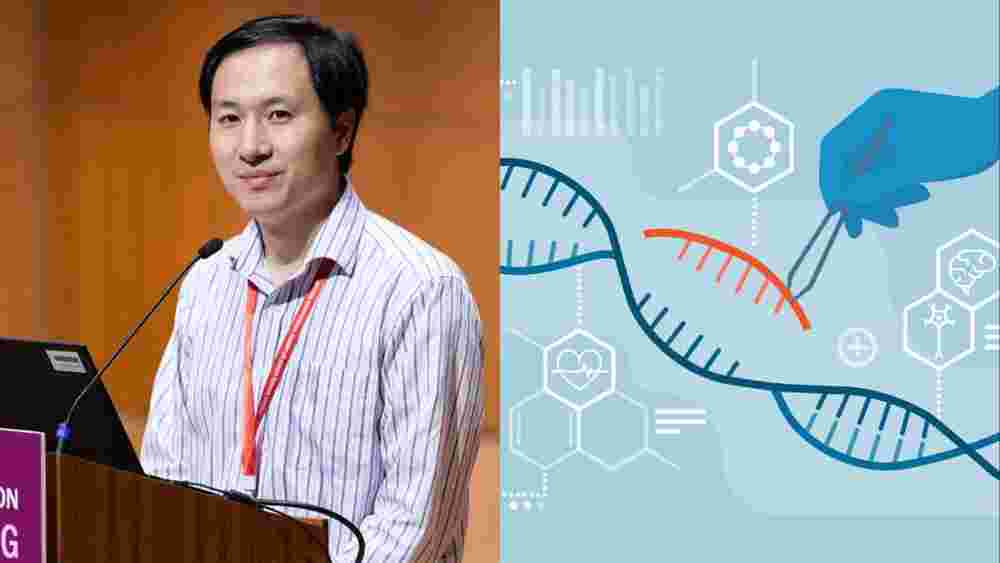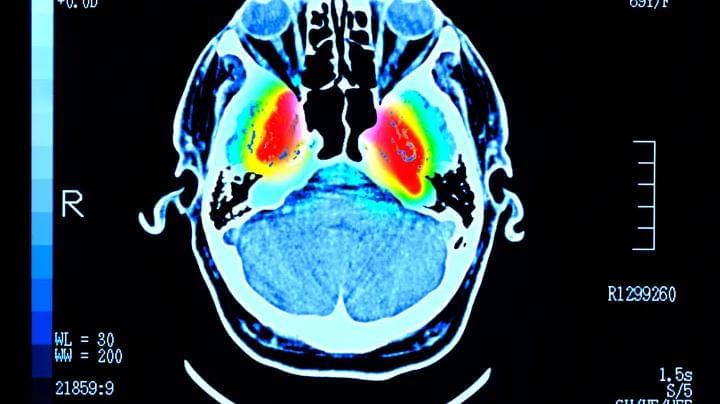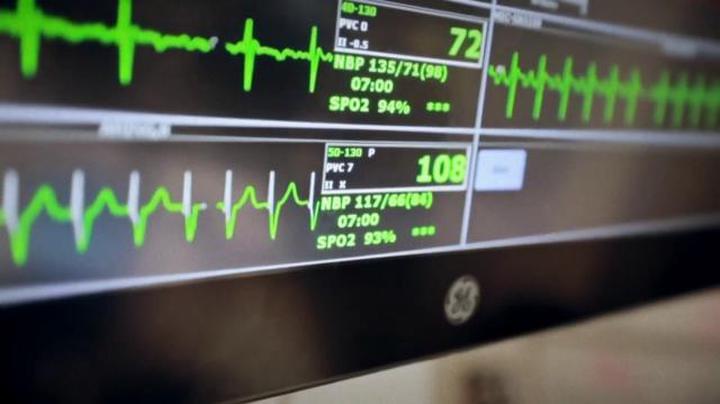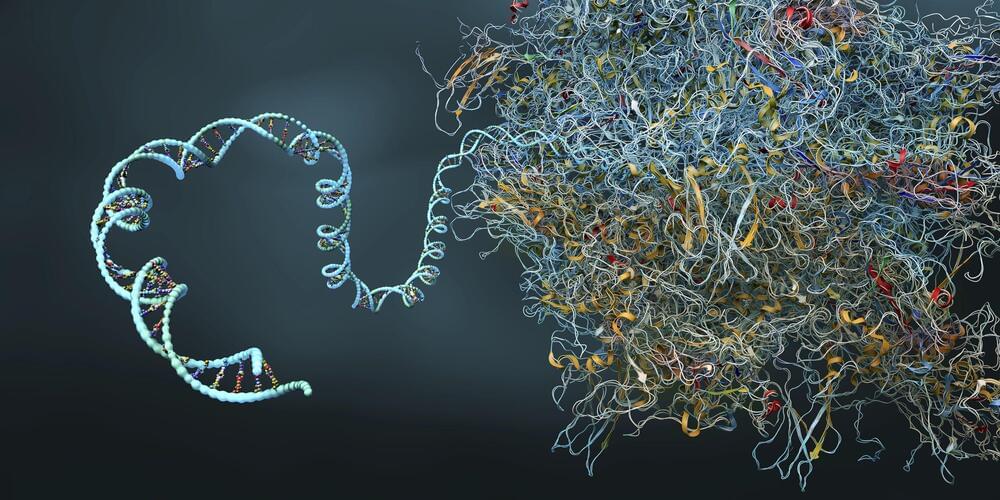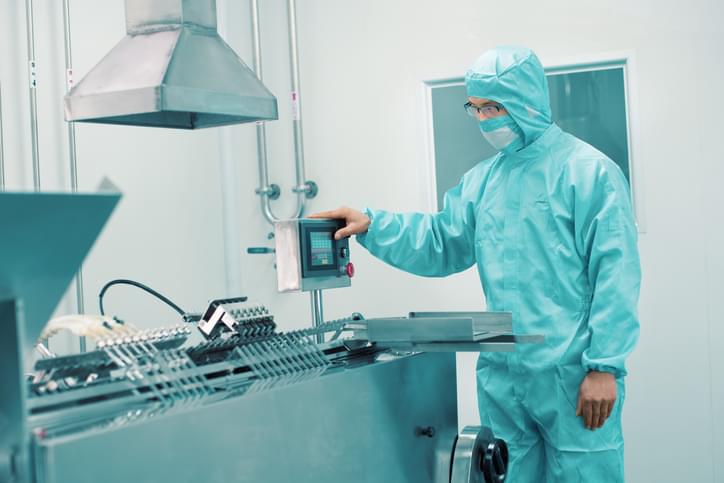A few examples: McDonald’s chatbot recruiter “Olivia” cleared Claypool for an in-person interview, but then failed to schedule it because of technical issues. A Wendy’s bot managed to schedule her for an in-person interview but it was for a job she couldn’t do. Then a Hardees chatbot sent her to interview with a store manager who was on leave — hardly a seamless recruiting strategy.
“I showed up at Hardees and they were kind of surprised. The crew operating the restaurant had no idea what to do with me or how to help me,” Claypool, who ultimately took a job elsewhere, told Forbes. “It seemed like a more complicated thing than it had to be,” she said. (McDonald’s and Hardees didn’t respond to a comment request. A Wendy’s spokesperson told Forbes the bot creates “hiring efficiencies,” adding “innovation is our DNA.”)
